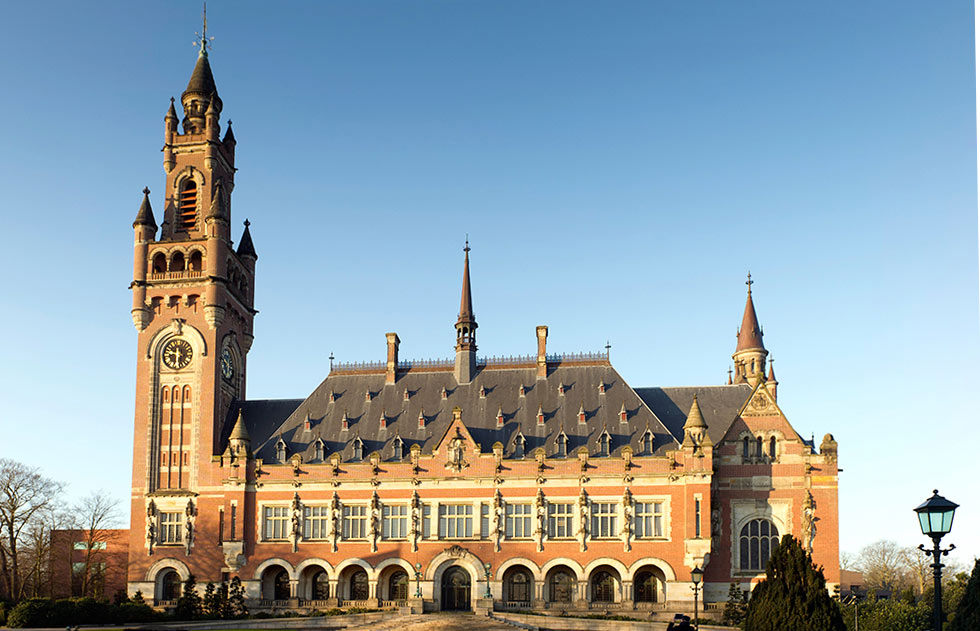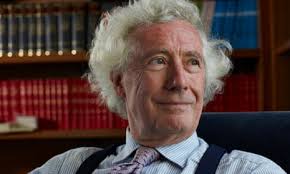The Hillingdon Hospitals NHS Foundation Trust v YD & Others (Refusal of Withdrawal of Treatment)
The Court of Protection has refused to let a hospital trust in north-west London withdraw life support from a 60-year-old man described as being in a permanent vegetative state after his two partners spoke about his strong belief in the power of spiritual healing.
Background facts and law
The patient, referred to as YD, suffered a bleed to the brain last October resulting in what’s now called a prolonged disorder of consciousness and leaving him in what his clinicians describe as a permanent vegetative state. YD was being provided with clinically assisted nutrition and hydration (CANH) at a specialist neuro-rehabilitation centre in north-west London.
The Hillingdon Hospitals NHS Foundation Trust, responsible for his care, applied to the Court of Protection seeking permission to withdraw CANH, which would lead to YD’s death. The Trust argued that continuing such treatment was not in YD’s best interests, given the medical prognosis and burdens of ongoing care. The application was opposed by YD’s two partners, JG and MB, who were both closely involved in his daily care and attuned to his needs, and by the Official Solicitor, who represented YD’s interests. Notably, YD’s partners spoke of his strong faith in spiritual healing, his value for life, and his belief in perseverance through adversity.
Best Interests Test:
Central to the Court of Protection’s task was the determination of YD’s best interests under the Mental Capacity Act 2005. The statute requires the court to take into account a range of views, including medical evidence, the patient’s own beliefs and values (as far as they can be discerned), the perspectives of family, and the overall balance between burdens and benefits of ongoing treatment.
There is a strong legal presumption in favour of preserving life, which may only be displaced by countervailing factors such as “the very profound brain damage,” absence of pleasure or awareness, and the absence of any prospect for improvement.
Role of Advance Decisions and Family Views
The Court examined whether YD had made any valid advance decision to refuse treatment (which would be binding under sections 24–26 MCA 2005). No such advance directive existed in YD’s case. The views of his partners were consequently given considerable weight—they described YD as someone who valued life strongly, believed in spiritual recovery, and would have wanted to persevere even in adverse circumstances.
Medical Evidence
Treating clinicians and an independent expert testified that YD’s prognosis was bleak: there was no realistic prospect of meaningful recovery or awareness, and he would not regain consciousness. The medical consensus was that continuing CANH would only prolong biological life, with no benefit or possibility of improvement in consciousness or quality of life.
The Official Solicitor’s Submission
Representing YD’s interests, the Official Solicitor argued that the dignity and meaning of YD’s current existence derived from the love and care provided by his partners, and that YD would wish to continue living in this way until a natural death occurred through another medical event (e.g., infection or heart attack).
The Court’s Decision
Mrs Justice Theis, Vice-President of the Court of Protection, refused the Trust’s application to withdraw life-sustaining treatment. In a detailed judgment delivered on 12 August 2025, the court emphasized the following:
• Presumption in Favour of Life: The court found that, despite the medical evidence of permanent vegetative state and the bleak prognosis, the presumption in favour of life had not been displaced by the Trust. The evidence from family and the Official Solicitor about YD’s values and perceptions of his dignity was compelling.
• Best Interests Not Demonstrated: The court concluded that withdrawal of CANH was not proven to be in YD’s best interests. The strong and heartfelt testimony of YD’s partners, coupled with their daily engagement with him, supported the continuation of care. The court was persuaded that YD’s sense of dignity and the meaning of his life could not be presumed to be absent or negative.
• No Valid Advance Decision: In the absence of a legally binding advance decision to refuse treatment, continued life-sustaining treatment was favored
• Transparency and Systemic Issues: The case highlighted systemic challenges surrounding the treatment of patients in PDOC, including operational pressures on NHS resources [my italics] and the interplay between treating trusts and commissioners. The court stressed that decisions should never be driven by resource allocation or staff burdens, but solely by robust best interests assessments.
Conclusion
The Court of Protection’s refusal to permit withdrawal of treatment in this case signals the ongoing primacy of the best interests test, fortifies the presumption in favor of life even against a grim prognosis, and puts significant weight on the genuine beliefs and wishes of those closest to the patient. Unless and until a court is satisfied, based on all the evidence, that ongoing treatment is not in the patient’s best interests, life-sustaining treatment will continue.
Comment
The Court emphasised that these decisions “should never be driven by resource allocation or staff burdens, but solely by robust best interests assessments.” This is all very well, but as we know, the NHS is running out of money.
The average annual NHS cost to care for a patient in a persistent vegetative state (PVS) in a specialist nursing home is about £85,000–£91,000, which covers nursing care, medication, feeding (such as percutaneous endoscopic gastrostomy), and, for some, tracheotomy. Occasionally, additional costs from emergency hospital admissions (“blue light events”) for infections or other complications add roughly £5,000 per year, bringing the typical annual cost close to £91,600.
Not now, or even in the near future, but one day it will occur to cancer patients being denied treatment or sufferers from severe cardiac conditions on never ending waiting lists for surgery that perhaps public money should be spent on them, rather than keeping PVS patients alive for years if not decades.
This will require a root and branch review of the “best interests” test and promote the absence of an Advance Decision to the same level as an Advance Decision not to prolong life. Simply saying that these decisions “should never be driven by resource allocation or staff burdens, but solely by robust best interests assessments” is no answer to the profound and continuing financial burden on the public purse for prolonging unconscious life at all costs.
The post Patient in permanent vegetative state to be kept alive – Court of Protection appeared first on UK Human Rights Blog.




